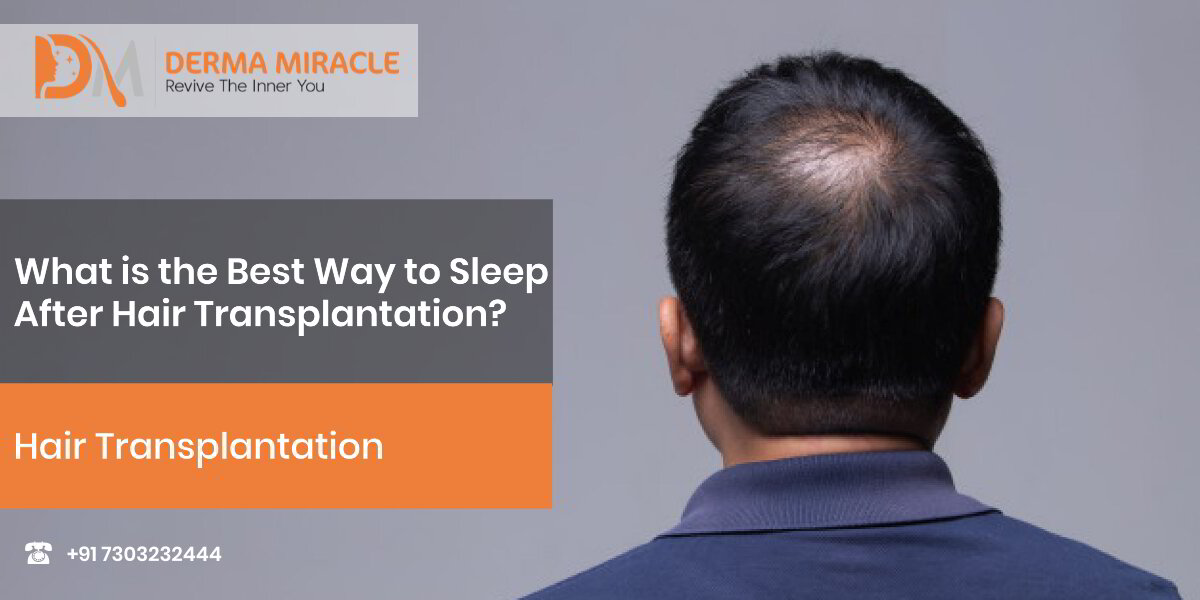Well, let me show you what really works best for your new look. After a hair transplant surgery, it is important to get the proper amount of rest because your body will need ample time to recover from such an intense procedure. Sleep in positions where your head isn’t tilted too far back or forward and you’ll be well on your way towards recovery!Sleeping after a hair transplant surgery can be challenging. The bandage that is placed on the scalp to keep it closed prevents blood and fluid from draining, which means you need to find creative ways of avoiding pressure points while still managing to get some restful sleep. Sleeping on the side of your head after a hair transplant surgery can lead to increased healing times and spoil grafts.You should sleep with your whole body flat, not just let half of you lay down in bed as this will cause the blood circulation to be blocked by gravity.
Table Of Content
Do’s & Don’ts
It is important to ensure your bed sheets and covers are clean. This will help you not only wake up feeling refreshed but can also make an impact on the quality of your sleep. With long hair, for instance, be sure to put a cloth underneath it and push any loose strands off so that they do not tangle in other parts of the sheet which could cause discomfort or be woken alarmingly by something pulling at them during their rest time!According to your sleep doctor, take the following steps:
- Avoid the use of alcohol and tobacco.
- If you’re sleeping with a little pain on day 3 or 4 due to swelling in feet/ankles iced it before bed.
One of the best ways for any individual who wishes that they could fall asleep easier is by making sure their habits don’t disrupt them from reaching this goal- this includes avoiding alcoholic beverages as well as smoking cigarettes!

Proper Posture
Now comes the posture. You must adhere to the following rules for the next three to four nights while sleeping and wake up on time each day for your appointment with this doctor who will help fix those pains so desperately wanted to go from your life.Put pillows all around you to ensure you do not bang your head against the headboard. This will also help by avoiding swelling of your eyes, forehead, and even cheeks. Arranging these in an upright position or using an airport pillow will also protect hair follicles from friction which can lead to problems due to long-term use.Those pillows that you use for your head actually have some pretty interesting benefits. In the first week or so, do not sleep on your back because it could cause swelling in the neck and lead to a headache due to an elevated position of the head. Another thing is sleeping upright but this should only be done sporadically as well; otherwise, one can develop muscle aches which will leave them feeling worn out by day’s end.If you are feeling comfy and cozy, a recliner sofa can be your best friend. Make sure it is clean before plopping down on the surface though! After about 1 week of settling in, sleeping back will not hurt anything at all anymore

Regular Checkups
Make sure you get an okay from your dermatologist before you opt for sleeping on your back. He is in the best position to ensure that the grafts are anchored well and good; after a week or so, when he’s confident about them being set into place, it’ll be time to sleep normally again. It takes around 2 weeks until we can fully sleep normally once more!

Your Subconscious Mind Helps
It is all a matter of time. Once you get used to it and your body gets comfortable with the fact that your scalp needs extra care, falling asleep becomes easier because you are not waking up in pain anymore! Furthermore, as soon as you take measures for this sensitive skin on top of your head by sleeping carefully or using special shampoo and conditioner every day before bedtime, then subconsciously when during sleep- some might say even while dreaming -your hair follicles will become more stimulated so they can grow thicker hairs which helps keep dandruff away too. Sleeping with someone in the house, or in bed next to you can prevent some of your fears by keeping watch over you and helping when disturbed. Always visit a dermatologist for updates on how best to deal physically after hair transplant surgery depending on where exactly along the timeline that is happening. I wish nothing but luck as well as success to all those who are undergoing this procedure!

CONSULT DEMAMIRACLE
What is the Best Way to Sleep After Hair Transplantation?
ACT BEFORE IT’S TOO LATE

FREE CONSULTATION AVAILABLE
Contact Us
